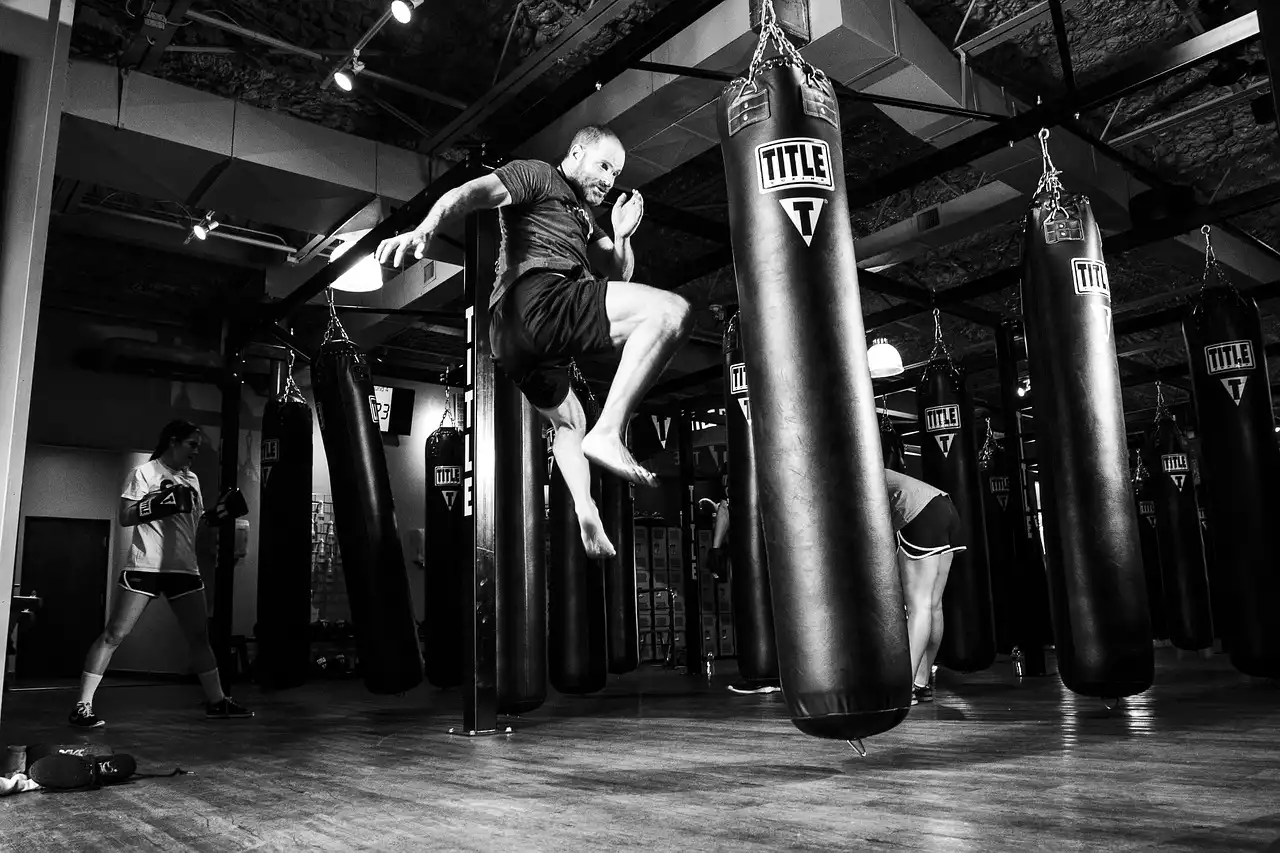The Basics of Jujitsu Competitions
If you are new to jujitsu competitions, it is important to understand the basics. Jujitsu competitions are typically divided into weight classes, and competitors are matched up based on their weight. Competitions can be either gi or no-gi, with gi competitions requiring competitors to wear a traditional jujitsu uniform and no-gi competitions allowing competitors to wear shorts and a rash guard.
Matches are typically three to five minutes long, with the winner being determined by submission or points. Submissions include chokes, joint locks, and throws, while points are awarded for takedowns, sweeps, and other techniques. It is important to understand the rules of the competition you are entering, as they can vary depending on the organization.
Jujitsu Competition Rules and Regulations
To be successful in jujitsu competitions, it is important to understand the rules and regulations. Each organization has its own set of rules, so it is important to familiarize yourself with the rules of the competition you are entering. Some common rules include no strikes, no biting or eye gouging, and no slamming.
In addition to understanding the rules, it is important to know how the competition is scored. Points are typically awarded for takedowns, sweeps, and other techniques, while submissions result in an immediate win. Knowing how the competition is scored can help you develop a strategy for winning.
Jujitsu Competition Training
To succeed in jujitsu competitions, you need to train specifically for them. This means incorporating competition-specific drills and techniques into your training regimen. You should also practice with partners who are at or above your skill level, as this will help you prepare for the level of competition you will face.
In addition to training with partners, it is important to work on your strength and conditioning. Jujitsu competitions are physically demanding, and you need to be in top shape to compete at your best. This means incorporating weight training, cardio, and flexibility exercises into your training regimen.
Jujitsu Competition Techniques and Strategies
To be successful in jujitsu competitions, you need to develop a strong set of techniques and strategies. This means mastering both offensive and defensive techniques, as well as developing a strong ground game. You should also work on developing a strategy for each match, taking into account your opponent's strengths and weaknesses.
Some common techniques used in jujitsu competitions include chokes, joint locks, takedowns, and sweeps. It is important to master these techniques and be able to apply them in a variety of situations. You should also work on developing your timing and precision, as these are key to successfully executing techniques in competition.
Preparing for a Jujitsu Competition
Preparing for a jujitsu competition involves more than just physical training. You also need to prepare mentally and emotionally. This means visualizing yourself competing and winning, as well as developing a pre-competition routine that helps you get in the right mindset.
You should also make sure to get plenty of rest in the days leading up to the competition. This will help you feel refreshed and energized on competition day. It is also important to pack everything you will need, including your uniform, water, and any other necessary equipment.
Mindset and Mental Preparation for Jujitsu Competitions
Jujitsu competitions can be mentally and emotionally challenging. To be successful, you need to develop a strong mindset and mental preparation routine. This means staying focused on the task at hand, maintaining a positive attitude, and visualizing yourself succeeding.
You should also work on developing a pre-competition routine that helps you get in the right mindset. This might include meditating, listening to music, or going through a specific warm-up routine. Whatever routine you choose, make sure it helps you feel calm and focused.
Nutrition and Hydration for Jujitsu Competitions
Proper nutrition and hydration are key to performing at your best in jujitsu competitions. In the days leading up to the competition, make sure to eat a balanced diet that includes plenty of protein, complex carbohydrates, and healthy fats. You should also drink plenty of water to stay hydrated.
On competition day, make sure to eat a light, balanced meal a few hours before your match. This will help you maintain your energy levels without feeling too full. You should also bring plenty of water or sports drinks to the competition, as you will need to stay hydrated throughout the day.
Recovery and Injury Prevention for Jujitsu Competitions
Jujitsu competitions can be physically demanding, and injuries are a common risk. To prevent injuries and promote recovery, it is important to stretch and warm up before every match. You should also cool down and stretch after each match to promote recovery.
If you do experience an injury, make sure to seek medical attention as soon as possible. It is also important to take time off from training to allow your body to heal. Ignoring an injury can lead to further damage and a longer recovery time.
Jujitsu Competition Tips and Tricks
To be successful in jujitsu competitions, it is important to develop a strong set of skills and techniques. However, there are also some tips and tricks that can help you succeed. These include:
- Be patient and wait for your opponent to make a mistake.
- Focus on controlling your opponent's body position.
- Stay calm and focused, even when your opponent is trying to get you off balance.
- Use your opponent's strength against them by redirecting their energy.
- Visualize yourself succeeding and winning the match.
By incorporating these tips and tricks into your training and competition routine, you can increase your chances of success in jujitsu competitions.










